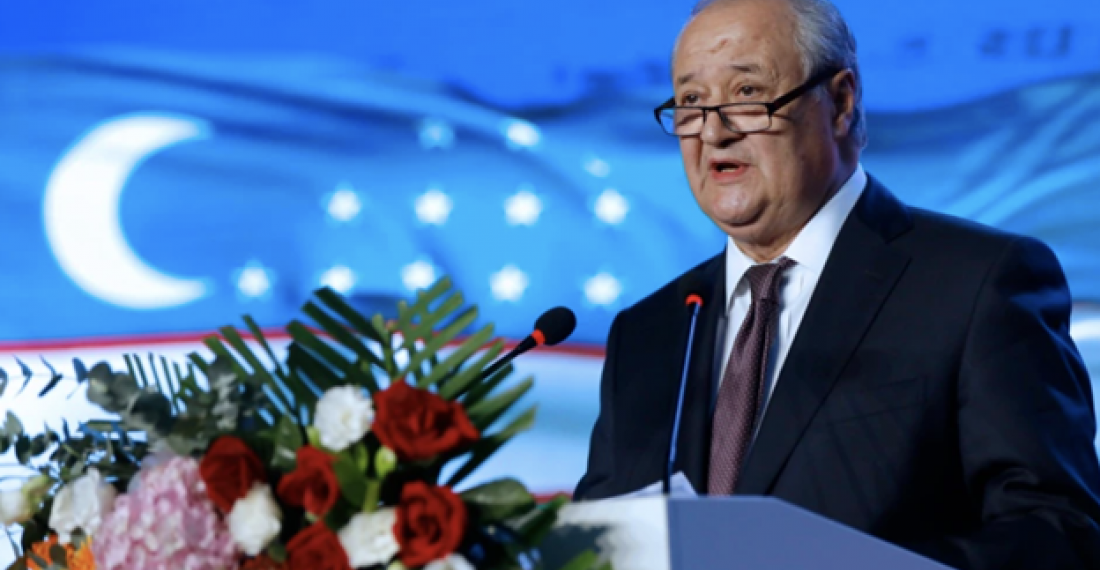The Foreign Ministers of both Kyrgyzstan and Uzbekistan have stepped down in the past few weeks. Kyrgyz FM, Ruslan Kazakbaev, resigned on 22 April and Uzbek FM, Abdulaziz Komilov, left his post on 27 April. The resignations come at a time of uncertainty in the Central Asia region.
In Kyrgyzstan, Erbol Sultanbaev, a spokesperson for President Sadyr Zhaparov, told RFE/RL on 22 April that Kazakbaev had stepped down. A lawmaker since 2015, Kazakbaev had been the FM since 14 October 2020 after previously serving in the same position from 2010 to 2012. The statement did not provide any reasons for the resignation, however, the decision came on the same day Russian FM Sergey Lavrov met with Central Asian Foreign Ministers. President Zhaparov announced two days later through his press service that he had appointed Jeenbek Kulubaev as acting Minister for Foreign Affairs. Kulubaev, a career diplomat, was the previous Head of the Foreign Policy Department of the Presidential administration. Kulubaev, also the former ambassador to China and specialises in relations with the country. The move may illustrate that Kyrgyzstan is focusing on shoring up relations with Beijing rather than with Moscow.
While little is known of the reasons for Kazakbaev’s departure, for Uzbek FM Komilov, the rationale for the dismissal is clearer. In a speech to lawmakers (17 March), Komilov supported the Ukrainian position of territorial sovereignty. He said “Firstly, the military actions and violence must be stopped right away. The Republic of Uzbekistan recognizes Ukraine's independence, sovereignty, and territorial integrity. We do not recognize the Luhansk and Donetsk republics.” The statements came as a surprise; Central Asian countries, due to their deep economic and political ties to Russia, are usually careful to not make large pronouncements on controversial actions carried out by the Kremlin.
After not being seen in public for close to two weeks after the speech, the Uzbek Foreign Ministry said Komilov was being treated for a “chronic illness” in the capital before being moved to an unspecified foreign country. Nearly a month after his abrupt departure from the public eye, Presidential spokesperson Sherzod Asadov said (27 April) that Komilov was to take up another role as deputy secretary of the presidential Security Council. Komilov has been a staple of Uzbek diplomacy dating back decades. Former US ambassador to Turkmenistan tweeted, “He has dominated Uzbek diplomacy to a degree not seen elsewhere in Central Asia […] As we say, he leaves big shoes to fill.”
Sources: CommonSpace.eu with RFE/RL (Prague), 24.kg (Bishkek), and other media agencies
Picture: Abdulaziz Komilov in April 2019 (AP)







